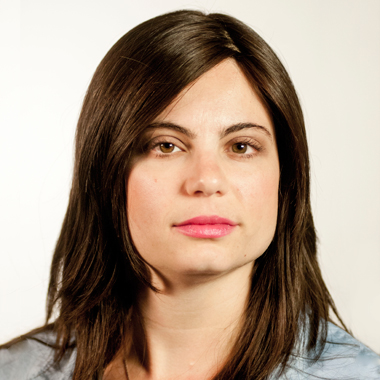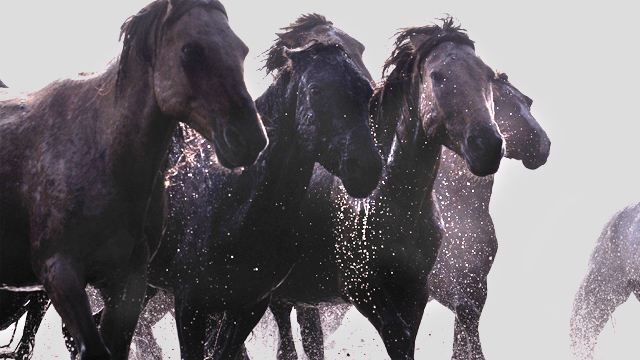

In the portion of this week, Lech Lecha, we are introduced to Avraham the Patriarch, the chariot for the energy of Mercy and sharing in this world.
It is common knowledge that the meaning of the title of the portion, Lech Lecha , which translates to “Go out of yourself”, refers to our need to go outside of our comfort zone in order to grow spiritually.
I believe that anybody that has been studying Kabbalah for more than a few months is aware of this concept; growth never exists within our comfort zone.
However, the Zohar tells us that in this portion Avraham went way beyond just going outside of his comfort zone, as the Creator commanded him when He said, “Go out of your home, your family, etc. Lech Lecha.”
The Zohar describes Avraham as “a person running in front of horses in rapids”. He was pushing himself to run fast towards the current that was going against him. That was the level of going outside of his comfort zone that Avraham reached.
We might have been students of Kabbalah for a while now, and again, might have heard this before, but we need to go outside of our comfort zone. And we are doing it, to a certain extent. However, in truth, we are all still looking to be comfortable. If we choose to proactively go outside of our comfort zone now, it´s mostly because we want to eventually get to a comfortable place. “I’m going through a tough time now, and Kabbalah says that if I go outside of my comfort zone I will connect to Light and that will somehow ease the discomfort I’m going through now.” This is our thinking. “Ok, I´ll push forward now, but only so far, and eventually I will need a break.”
Most of the time, we choose a spiritual path because we want to feel better or more peaceful, or because of some pain we carry for which we want to find relief and answers.
Avraham pushed himself outside of his comfort zone not because he was looking to get to a more comfortable place eventually, or because life had thrown him into an uncomfortable situation he had to deal with, or to get rid of some internal pain he was going through. Avraham understood that working hard is the purpose of this physical existence. We learn in the basics of Kabbalah that we are all here to remove Bread of Shame, to earn our Light. In other words, we are here in this physical world to make an effort. Avraham comprehended this and he actually asked for the uncomfortable, he asked for life to be hard. And when hardships came, which they did (even though, the Zohar tells us, he was the Creator´s ‘best friend’), he did not immediately question the Creator or ask himself, “Why me? I´m such a good person, I have done everything the Creator has told me to do” – as we would do. He saw it as an opportunity to grow, to reveal Light, and ran with excitement towards the challenge.
Let us be real with ourselves: none of us are there, no matter how spiritual we think we are. We are all still somehow running away from the discomfort, doing what Kabbalah teaches us only so that we may be ‘okay’, feel a little bit better. We are not running towards the hard work like a “person running in front of horses while in rapids”. We stretch ourselves here and there, we desire a little bit of growth here and there, a little bit of closeness to the Creator. But when was the last time you asked for life to be a struggle? For hard work? When was the last time you asked to really realize all of your potential and remove all of your Bread of Shame?
The portions of the book of Genesis that we are now reading help us to refocus our spiritual effort towards the real work, to remove Bread of Shame.
There is a famous quote from Bruce Lee, “Do not ask for an easy life, ask for the strength to endure the hard one.” This is how Avraham lived. Again, we are not at his level, nor are we expected to be. But we can aspire to get there, and this week we can ask from Avraham for this strength. We can ask for his help in gaining the courage and determination to fight the real fight, to really push ourselves outside of our comfort zone, to grow our desire to completely remove our Bread of Shame, and even to do this for the whole world, not only for ourselves.
May we use the energy available from Avraham this week to take a huge step forward in our spiritual work and create an enormous impact in the whole world, just as Avraham did.